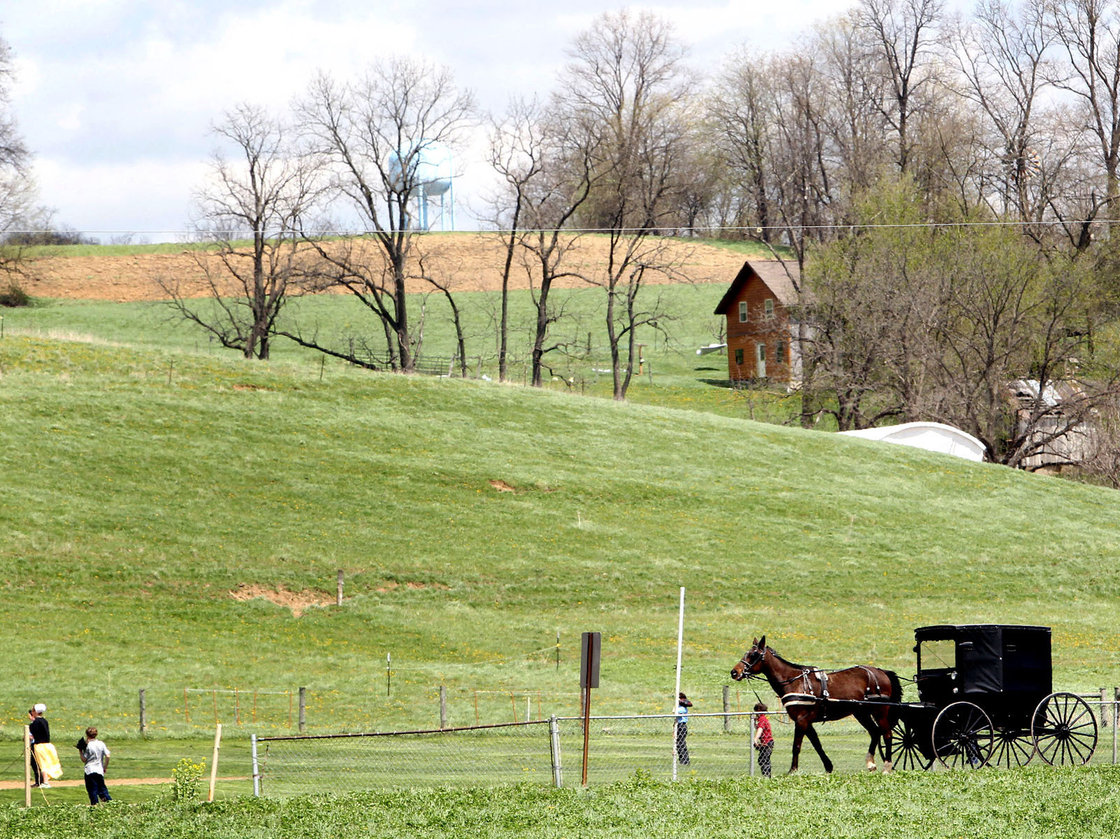Members of Amish communities in Ohio traveled to the Philippines for heartfelt reasons: They were there on service projects to help less fortunate people. Unfortunately, they came home with unwelcome hitchhikers: measles viruses.
Those travelers hadn’t been vaccinated against this highly contagious disease, the Centers for Disease Control and Prevention said Thursday. As a result, they have triggered an outbreak of more than 130 cases, primarily among their unvaccinated friends and relatives in Amish communities.
Those travelers hadn’t been vaccinated against this highly contagious disease, the Centers for Disease Control and Prevention said Thursday. As a result, they have triggered an outbreak of more than 130 cases, primarily among their unvaccinated friends and relatives in Amish communities.
The cases reported to date are in 18 states. The CDC says 41 people have been hospitalized, but nobody has died so far.
There is a safe and effective measles vaccine (known as MMR), CDC officials note. But most cases these days are among people who have philosophical or religious objections to vaccination.
This outbreak has changed some hearts and minds, though. Melanie Amato at the Ohio Department of Health told Shots that more than 8,000 Amish people have lined up to be vaccinated for measles to help stem outbreaks in six Ohio counties.
Measles strikes more than 20 million people around the world each year. The Philippines is in the midst of an epidemic that has so far sickened 32,000 people, the CDC says. That’s one major source of the current outbreaks in the United States, though the virus has been imported by travelers to more than a dozen different countries. So far all of the cases in the U.S. have been connected to foreign travel.
People traveling overseas should make sure they have been vaccinated against measles, Dr. Anne Schuchat, director of the National Center for Immunization and Respiratory Diseases at the CDC, said at a press conference. If you’re not sure whether you have gotten the recommended two shots, go ahead and get them, she says.
Source: NPR

